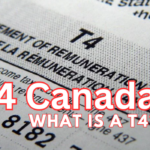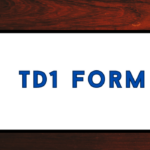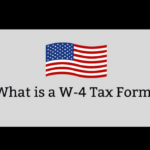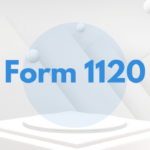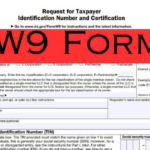Know the details of Working While Receiving CPP: What Happens If You Keep Working While Getting CPP and Benefits. Working While Receiving CPP is an important concept that the Government has started for the pensioners. This allows them to make suitable contributions while they are in their working age to get the desired amount at the age of retirement.
Working While Receiving CPP
Canada Pension Plan works according to the contributions that are made by individuals when they are in their working age. The contribution rate of an employee is 5.95% in 2023 and the same for the employers. Another important factor that is considered is the age at which the individual has applied for the CPP. The standard age in Canada for a retirement is 65 years not more or less than this. Most of the individuals are baffled by the accurate age at which they have to start their retirement.
According to the Government, Canadians must continue to contribute to CPP while they are between 60 and 65 years of age. The direct benefit is that you will get a significant amount when you discontinue working. The concept of pension is that the better you contribute, the more feasible money will you get as a pension.
|
Important Links |
What are CPP Contributions?
CPP Contributions begin from the age of 18 when you start earning. It ends at the time of retirement. If an individual is working under an employer then both of them have to make equal contributions. On the contrary, the self-employed people have to make the contributions on their own. The maximum age for making these is 65. After that, you can stop adding the amount and apply for the CPP.
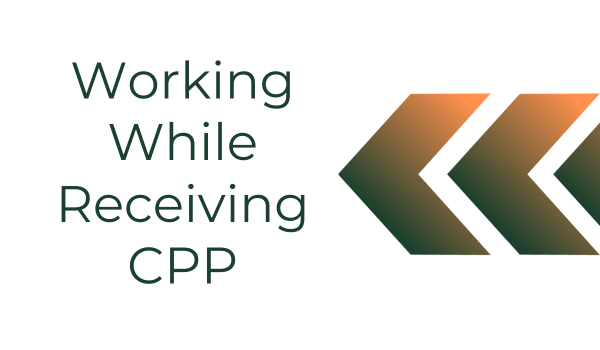
The amount will depend on the total contributions that you have made in your working years. Money will be a source of income that can be utilized to manage the cost of living expenses. CPP promises the self-dependency but is usually taxable. Thus, it is mandatory for the people to file a tax return. They can submit the return either online or offline. In both cases, assistance from the accountant can be taken to avoid tax refund issues later.
What Happens If You Keep Working While Getting CPP?
CPP is the supreme pension plan in the country that allows people to get the amount even when they shift abroad.
The concept of the retirement pension supplement is a result of the contributions that are made by an individual. These will directly increase the retirement income meaning that the individual will get the maximum pay when they are no longer working.
The same is the case with the Old Age Security scheme in which the pensioners have to pay the recovery tax. However, the amount that they receive in their bank accounts is useful to manage the expenses.
The decision to apply for the discrete pension plans must be taken by properly preparing the mind. A discussion with an official or a close one is helpful at this time.
|
Important Links |
Working While Receiving CPP Benefits
The individuals have to create a My CRA Account by entering valid information. Employment, family, income source, contact, or personal details have to be mentioned. The users can access the portal at any time they want to check the essential information.
The answer to the question Should I Delay CPP after 65 Years is simply no. This is because 65 is the finest duration at which the pension can be taken. Furthermore, the amount of pension will be reduced in the later years.
Working While Receiving CPP Benefits includes an increase in the pensionable amount. The retirement benefit in each month will assure the beneficiaries to be self-dependent and live a comfortable life. Their banking information has to be accurate to continue receiving the pension. Not only the beneficiary but the close ones can get the amount in case of the contributor’s demise.
The details of the next beneficiary have to be clearly mentioned in the will. this is a legal document in which the details of the contributor and the next beneficiary are included. Further actions are taken by CRA in case of demise or no will.
Thus, from this article, it can be concluded that CPP Contribution is necessary while you are working. This secures the pensionable amount that is received at the retirement age.
